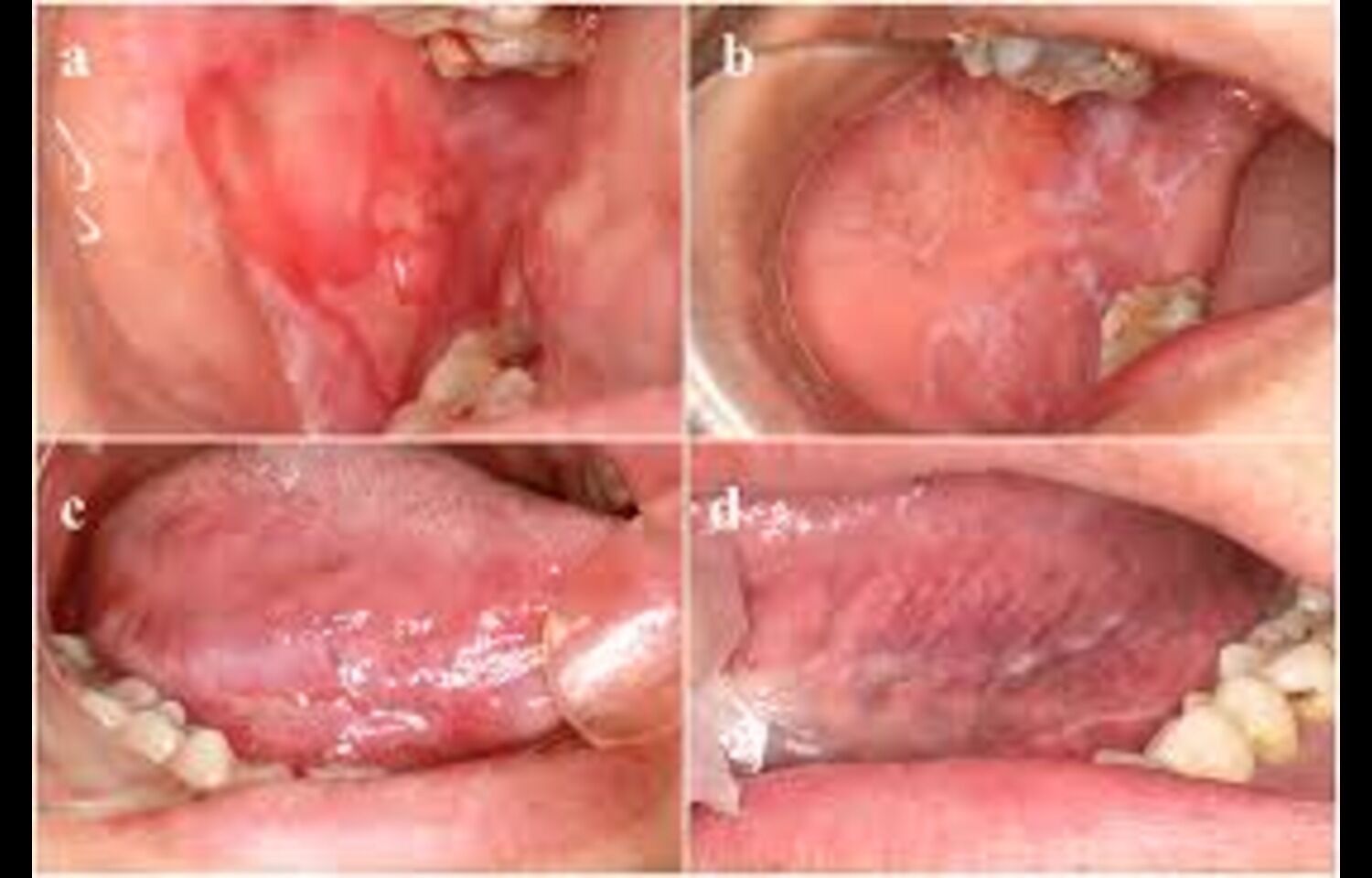October 08, 2025
2 min read
Key takeaways:
- Women with menopause at younger than 45 years are less likely to work part time than full time.
- Women who undergo surgical menopause are more likely to leave the workforce.
Women who undergo surgical menopause may be more likely to stop working, whereas those who have early menopause are more likely to remain employed full time vs. part time, according to data published in Menopause.
“Surgical menopause — including premenopausal hysterectomy — may increase the risk of labor market exit, highlighting the need for workplace and policy attention that support women undergoing these procedures,” Darina Peycheva, PhD, research fellow in social epidemiology at University College London’s Institute of Epidemiology and Health Care, told Healio. “Women with early menopause were more likely to remain in full-time employment rather than shift to flexible arrangements, which may reflect resilience or a need to conceal vulnerability — suggesting that employment stability might come at a personal cost.”

Women who undergo surgical menopause may be more likely to leave the workforce. Image: Adobe Stock
Researchers obtained data from 1,386 women aged 50 years and older who participated in the English Longitudinal Study of Aging and had natural menopause occur or underwent a bilateral oophorectomy or hysterectomy before menopause. Employment data were collected from a life history interview during a 10-year period ranging from 5 years before the participant’s final menstrual period to 5 years after the final menstrual period. Participants were placed into one of three groups: those who had continuous full-time employment or transitioned to full-time employment (n = 561), women who had continuous part-time employment, transitioned to part-time employment or were self-employed (n = 600), and those who transitioned out of the labor market (n = 225).
Of the study group, 22.3% had early menopause before age 45 years, 25.5% underwent surgical menopause before their final menstrual period and 20.6% used HT within 5 years after their final menstrual period or surgery.
Women who experienced early menopause were less likely to work part time or be self-employed vs. having a full-time job. (RR = 0.7; 95% CI, 0.51-0.97). Peycheva said the researchers were surprised to see this association.
“This finding prompts reflection on several possibilities: It may reflect resilience, a need to conceal challenges or that early menopause does not always result in significant health constraints that affect employment,” Peycheva said. “It’s also important to consider the heterogeneity within this group, as early menopause can occur for a variety of reasons, each potentially shaping women’s experiences differently.”
Women who underwent surgical menopause were more likely to leave the labor market vs. have a full-time job (RR = 1.45; 95% CI, 0.99-2.11). Those who had early natural menopause were less likely to work part time vs. full time (RR = 0.47; 95% CI, 0.29-0.76). Women who underwent surgical menopause, either before age 45 years or at age 45 years, were more likely to leave the workforce than women who had natural menopause at age 45 years or older.
Women who underwent surgical menopause were more likely to use postmenopausal hormone therapy (RR = 4.83; 95% CI, 3.48-6.71).
HT was not significantly associated with any employment trends. The researchers noted that the use of HT may mediate the association of surgical menopause, raising the likelihood of leaving the workforce. However, Peycheva said a protective effect was only observed when premenopausal hysterectomies were included as part of the surgical menopause category.
“The timing of hormone therapy initiation is highly individual and should be guided by clinical judgment and patient needs,” Peycheva said. “That said, its potential role in supporting employment stability — potentially through symptom management and, in some circumstances, primary prevention — could be considered in discussions between clinicians and patients.”Peycheva added future studies should investigate how the timing and type of menopause affected women’s experiences in the workplace.
For more information:
Darina Peycheva, PhD, can be reached at d.peycheva@ucl.ac.uk.









